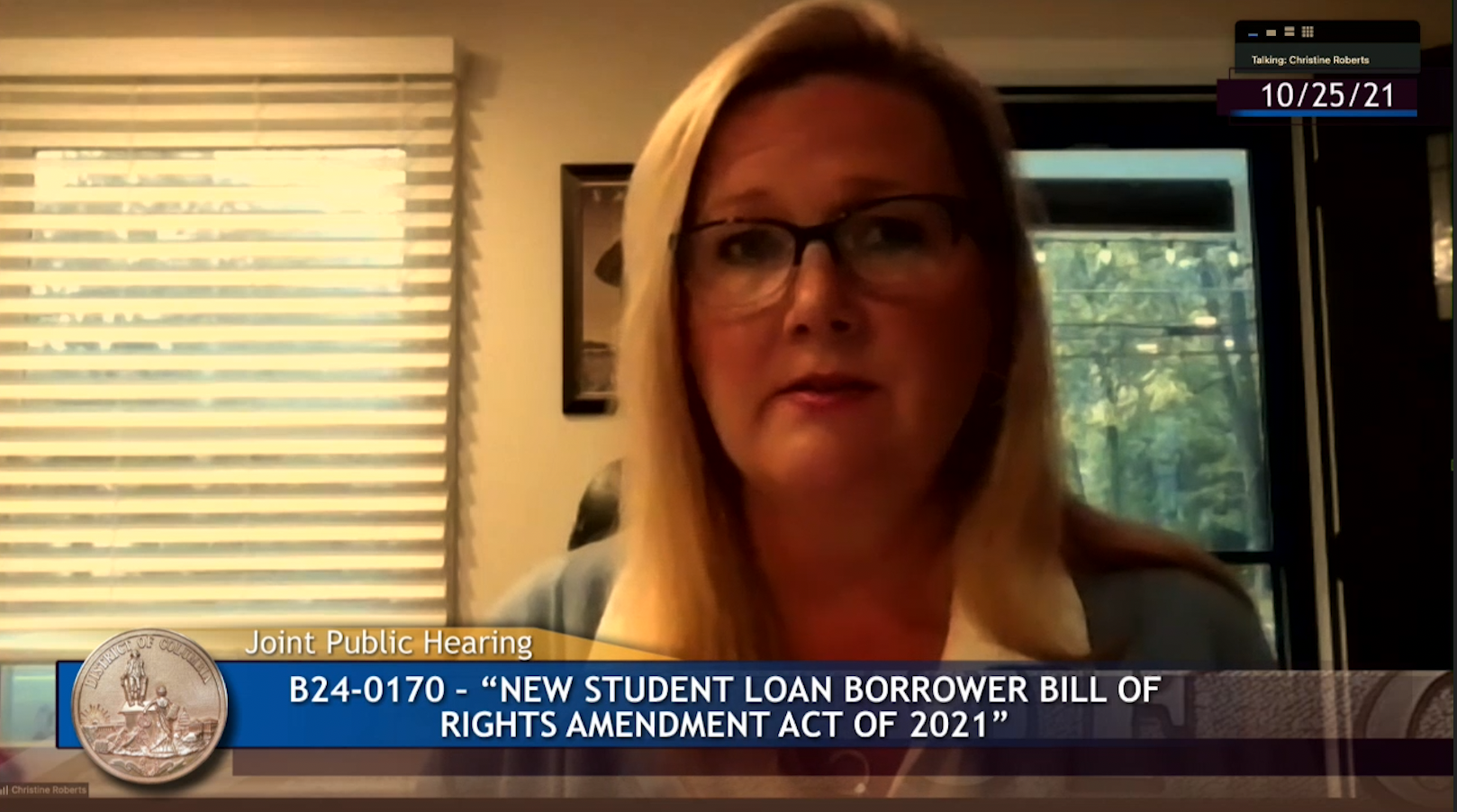CBA Comments on House Financial Services Credit Reporting Hearing

CBA Comments on House Financial Services Credit Reporting Hearing
WASHINGTON – The Consumer Bankers Association (CBA) wrote House Financial Services Committee Chairwoman Maxine Waters (D-Calif.) and Ranking Member Patrick McHenry (R-N.C.) in advance of the committee’s hearing examining credit bureaus and credit reporting.
A copy of CBA’s letter is available here.
On the draft Comprehensive Consumer Credit Reporting Reform Act, CBA President and CEO Richard Hunt wrote “It is important that a consumer’s credit report be an up-to-date, accurate, and complete credit history for lenders to determine a consumer’s ability to repay a loan. Lenders consider many factors when determining credit risk and may weigh credit data differently depending on their individual underwriting models … the bill’s reduction in the amount of time adverse information can stay on reports and the ability to clear certain adverse information harms lenders’ ability to make informed credit decisions. Lenders constantly update credit models to paint the most complete picture of a consumer’s creditworthiness, and overly-restrictive limits on the data lenders may use to make credit decisions will harm both lenders and consumers throughout the credit process. Additionally, there could be safety and soundness implications of this bill as lenders make loans with less information, leading to loans that may be at greater risk for default.”
Title III of the draft credit reporting act deals with private student loan rehabilitation programs. Legislation deals with rehabilitation programs for private student loans. As noted in CBA’s letter, 92 percent of the $1.5 trillion in student loan debt held by Americans is from the federal government – not private institutions. Borrowers with private student debt have repayment rates of about 98 percent compared to double-digit default and delinquency rates among federal borrowers.
“While well-intended, Title III of this legislation could in fact work to undermine existing repayment assistance tools as lenders might have to divert financial and organizational resources to manage the mandatory loan rehabilitation programs,” Hunt wrote. “The fact is there is a federal student loan crisis and this legislation diverts attention away from addressing the roots of the problem.”
CBA last week released new polling data showing Americans strongly believe student loans should carry clear, personalized, plain-language disclosures about the loan’s total costs, according to a poll of registered voters. These disclosures are not included on federal loans but are already provided by private student lenders. The poll also found nearly 85 percent support placing responsible caps on federal loans to offer access to a quality education without setting up a debt trap post-graduation.
When releasing the polling data, CBA called on the federal government to end its opaque lending practices and stop the debt trap created by virtually unlimited federal lending.
More information on CBA’s student lending poll is available here.
Finally, CBA commented on the Protecting Innocent Consumers Affected by a Shutdown Act, noting “It was broadly acknowledged during the last shutdown that banks worked closely with their affected customers in a variety of ways, including preserving their credit scores. Given these actions, we question the need for this legislation.”
A list of bank-offered shutdown assistance programs is available here.
###
About the Consumer Bankers Association:
The Consumer Bankers Association represents America’s leading retail banks. We promote policies to create a stronger industry and economy. Established in 1919, CBA’s corporate member institutions account for 1.7 million jobs in America, extend roughly $4 trillion in consumer loans and provide $275 billion in small business loans annually. Follow us on Twitter @consumerbankers.



